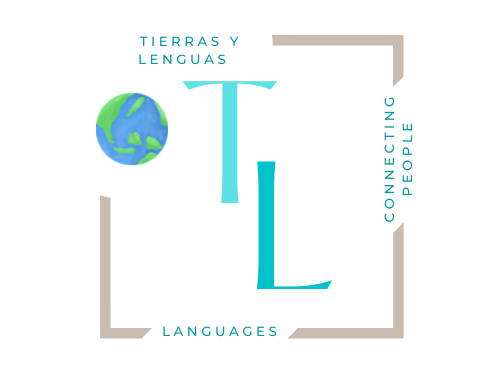There are 142 different language families, and 7,151 languages are spoken today. 40% of these languages are endangered, and only 23 languages represent more than half of the world’s population.
Of these 23, Spanish is the second most spoken language in the world. It is a language gaining popularity among non-native speakers due to its usefulness and catchy sounds.
Spanish is a beautiful and rich language. It has different accents and dialects, a vast and unique vocabulary, and represents Spanish and Latin American cultures.
It is a unique and special language. Do you want to know why?
In this article, we will go through interesting facts that explain why the Spanish language is so special.
Let’s start!
Spanish is spoken today in 3 of the world’s five continents. It is a language – or one of the official languages – of 21 countries (including Puerto Rico).
Interesting Facts:
Here are a few interesting facts about the Spanish language around the world:
- Although Spain is where Spanish originated, it is not a country with a large number of native speakers. Spain accounts for less than 10% of the world’s Spanish speakers (over 46 million).
- More people in the US speak Spanish than in Spain. There are approximately 53 million Spanish speakers in the United States. About 41 million native Spanish speakers and 11.6 million speak Spanish as a second language.
- Spanish is expected to be the first language of 50% of the United States population within 50 years.
- A Creole language based on Spanish is spoken in the Philippines called Chabacano. It is the only and most widespread Spanish-based creole language still extant in Asia or Oceania.
- There is a country in Africa where about 68% of the country’s population speaks Spanish. This country is Equatorial Guinea.
- Spanish is one of the United Nation’s six official languages
- Spanish is the third most widely used language on the internet
Unique Features Of The Spanish Language:
Now let’s talk about some features of the Spanish language in terms of grammar and linguistics that make it a unique language.
1. Letter ñ, a unique letter in “español”.
The letter “ñ” is a letter that exists only in Spanish. The sound /ɲ/ did not exist in Classical Latin but in Vulgar Latin. It was the language spoken in the streets and from which Castilian Spanish evolved.
As sounds began to develop, the /ɲ/ sound appeared, and various solutions were given to write this new sound: “ni + vowel”, “gn” and “nn”.
2. All Spanish Vowels Are Pronounced The Same Way.
One of the great things about Spanish is that it is written pretty much as it sounds, with only a few exceptions.
In Spanish, we use five vowels (A-E-I-O-U), which never change their sound. There are no neutral tones, nasal tones, or open tones, as there are in many other languages. This makes Spanish a simple language to learn and master.
3. A Unique Way Of Using Exclamation Points And Question Marks
Spanish is the only language that uses inverted exclamation points and question marks. In Spanish, we use:
An inverted question mark (¿) at the beginning of a question and a question mark (?) at the end of a question.
Why? In Spanish, the word order of a question doesn’t change as it does in English and other languages.
Therefore, in written texts, it is important to use inverted question marks so that the reader knows that the next question is coming.
Likewise, all exclamatory sentences and clauses are preceded by an inverted exclamation mark (¡) and such sentences end with an exclamation mark (!).
Inverted exclamation marks are used to easily identify the tones of sentences in the text body.
4. Pronouns Are Not Always Used In All Sentences.
Pronouns in Spanish are not used in every sentence, as they are in English and other languages. They are often necessary but should be avoided when not necessary.
In Spanish, contexts and verb forms often make subject pronouns unnecessary because they indicate who is doing the action.
5. Unique words
Madrugar: Waking up early
Trasnochar: Stay up late, sleep late.
Tutear: To address someone informally
With all this in mind, Spanish is a very interesting language to study and engage in for cultural, business, and personal reasons, as well as a clear favourite language of study for English speakers who currently do not need to learn an international language.


Muy interesante